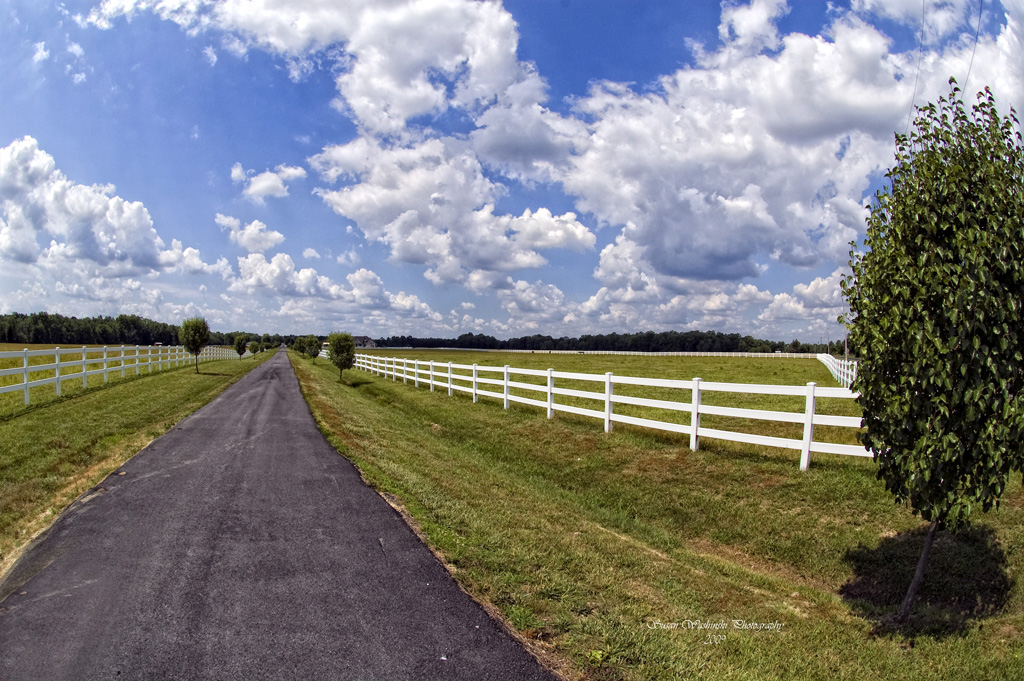About FPR

Photo by Susan Washinski of the Delaware Dept. of Agriculture
Farmland Preservation Report is helping professionals in planning, conservation and agriculture, as well as elected officials and citizen leaders, to do their best to protect farmland in urbanizing regions. If you are charged with protecting farmland in your locality, FPR is an information and networking source you don’t want to work without.
Here you will find information that will help you in your work. Click on any post.
Farmland Preservation Report regularly surveys existing programs and their progress and keeps you up to date on new programs and how they are being put together. Many local governments have created their own farmland preservation programs in addition to state programs, or without the existence of a state program. And, we cover other issues that are important links to farmland preservation, such as urban region food system development and farm bill programs that could boost urban-edge agriculture such as specialty crop grants.
You will get ideas on how your locality might approach its preservation mandate, or, how you might improve current practice and policy. Our writers cover the following areas, and more:
- purchasing development rights
- federal matching funds
- agricultural districting
- zoning for long-term agriculture
- food system development
- transfer of development rights
- agricultural economic development
- working with land trusts
- court decisions
You’ll get details you will find useful in your work – in writing reports and proposals, in solving administrative problems, in developing new programs and winning public support. We hope you will become a loyal reader and will support our work.
You will find a networking tool and instant colleagues
FPR will help you determine the right questions to ask and lead you to the right people to ask.
About Us
Editor and publisher Deborah Bowers began publishing FPR in 1990. She currently serves as preservation specialist for Carroll County, Maryland, working with colleague Ralph Robertson operating what was the nation’s first Critical Farms Program, as well as an innovative Leveraged Installment Purchase Agreement (IPA) Program begun in 2008. She is co-author of Holding Our Ground ~ Protecting America’s Farms and Farmland, and has provided expert advice to numerous localities and states. She was instrumental in creating the IPA program in Harford County, Md., where she lives on a preserved farm her parents purchased in 1946. Both Harford and Carroll County are among the nation’s top programs. Deborah has been a principal researcher in several national studies of farmland protection programs. She has also served as easement program manager for The Manor Conservancy, Inc. a land trust in Baltimore County that has been awarded more than $4 million in state and local grants to protect farmland.
Senior Contributing Editor Tom Daniels is professor of planning at the University of Pennsylvania, and is a nationally known expert and the nation’s most in-demand consultant on farmland preservation and planning for agriculture. He is the author of When City and Country Collide and co-author, with Bowers, of Holding Our Ground as well as other books, including The Small Town Planning Handbook and The Environmental Planning Handbook. For nine years Dr. Daniels served as director of the nation’s most successful locally-operated farmland preservation program in Lancaster County, Pa. Daniels reviews books for FPR and writes a monthly column. He writes for numerous journals and publications including the Journal of the American Planning Association.
Contributing editor Bob Heuer is an agricultural marketing consultant in Illinois and a writer and researcher who has focused extensively on agri-finance and building coalitions that stimulate entrepreneurial agriculture on the urban edge.
Michael McGrath writes a monthly column for FPR. He recently retired as executive director of the Delaware Agricultural Lands Preservation Foundation where he administered that state’s farmland preservation program since the program’s beginning in 1991. In 2010 his program celebrated the preservation of 100,000 acres. McGrath is known among his colleagues throughout the Mid-Atlantic and New England for his leadership and innovation on matters of both policy and practice.
Our reader list is the “Who’s Who” of farmland preservation.
You will read about people like yourself, in state agencies, local government commissions, the federal government, or working for land trusts, consulting firms, law offices, and universities, who are administering exciting farmland preservation programs or have found new ways to strengthen farming communities on the urban edge through food system development, zoning changes, marketing programs and policy choices.
Working on research for a presentation, thesis or book? You can search our archives for any topic related to farmland preservation. We’ve published thousands of articles since we began publishing in 1990!
By regularly reading our site, you will be joining a community of farmland preservation professionals and enthusiasts who seek to promote and strengthen farmland preservation by keeping up to date on all the related issues that influence farmland retention policy and law-making.
You will find in-depth, intelligent reporting on:
- State farmland preservation programs in DE, MD, PA, VT, NY, NJ, CA, MA, CT, RI, VA, WV, OH, MI, NC, ME, & WI
- Scores of local farmland preservation programs operated and funded by local governments;
- Land use techniques that aid farmland protection, such as effective ag zoning, transfer of development rights, urban growth boundaries;
- News from Capitol Hill and the White House that will affect farmland protection such as President Obama’s new Great Outdoors Initiative;
- Update briefs from the state capitols where farmland protection is on the move;
- Public, private and nonprofit initiatives that affect farmland preservation;
- Court decisions that affect farmland preservation policy or practice.
FPR is a professional news publication, so our reporting is fully independent. You get pertinent and useful information and analysis. We hope you will will become a loyal reader and support our work so this site will remain functioning.